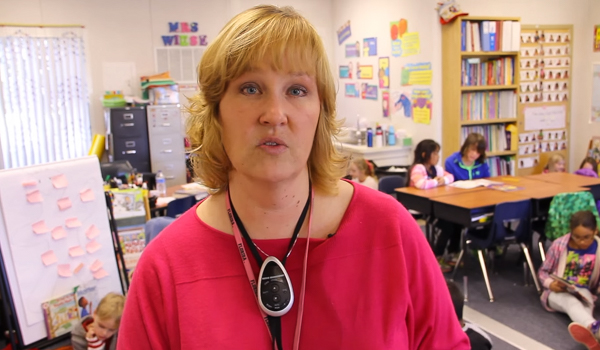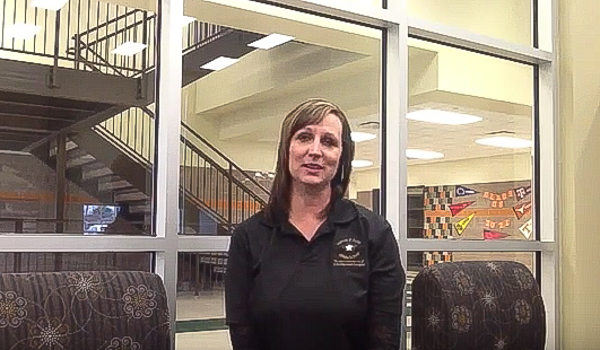
Chapter 1: Introduction
 The Transformational Power of Conscious Discipline
The Transformational Power of Conscious Discipline
-
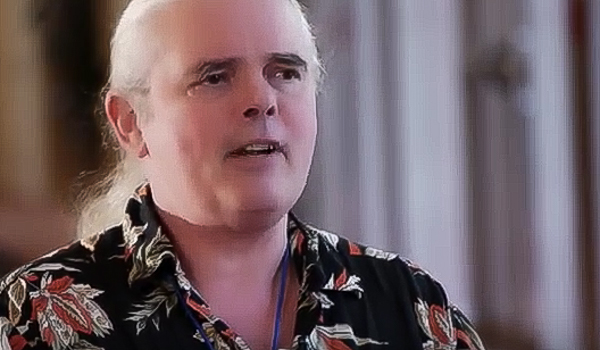
Middle school teacher shifts from "as if I don't have enough to do" to "my job is a breeze"
-
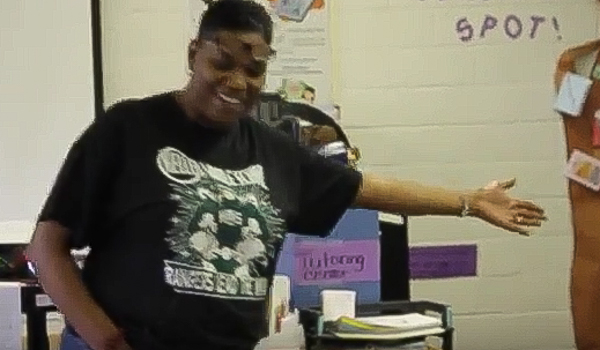
Middle school teacher transforms her students' lives and her personal life with Conscious Discipline
-
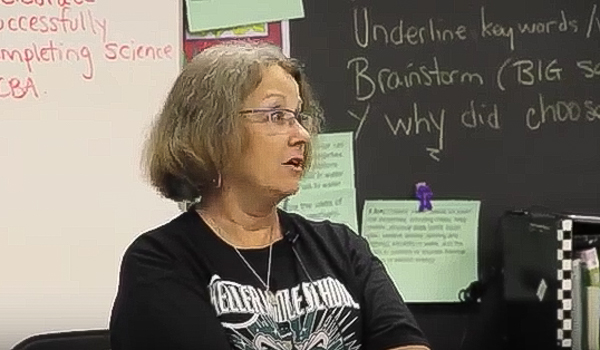
Middle School Teacher Increases Test Scores and Teaching Time with Conscious Discipline
-
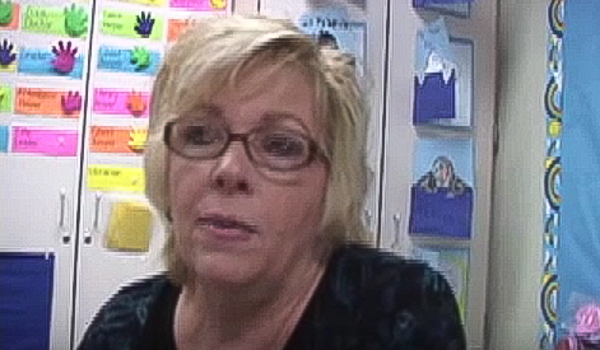
Testimonial - Principal Shares How Much Kids Now Care About Each Other
-
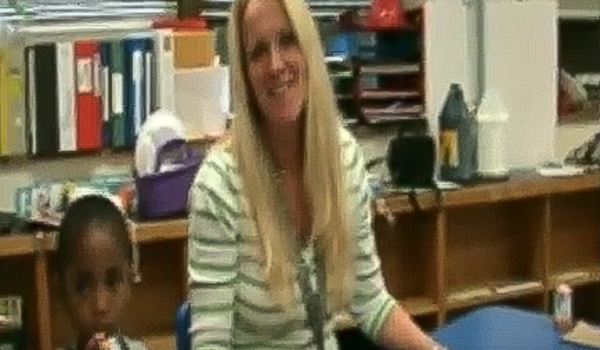
Professional Development - Teacher Reflects on Her Journey and Growth
-
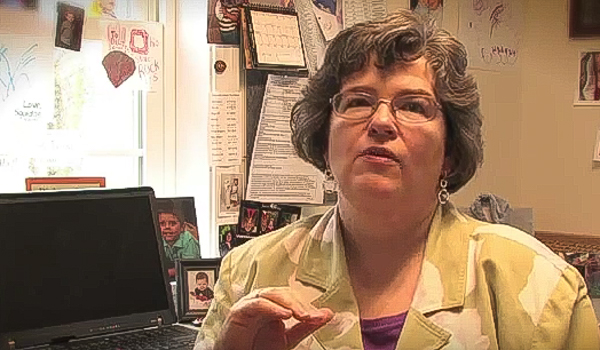
Conscious Discipline Head Start is awarded National Center of Excellence
-
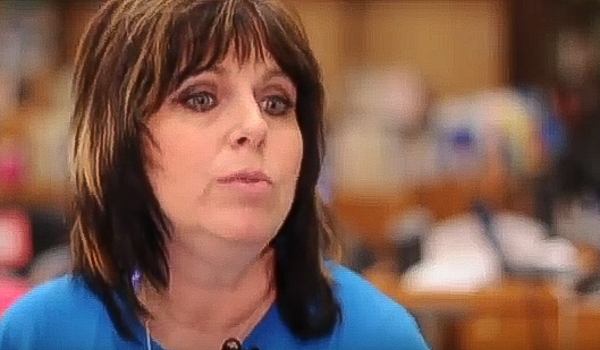
Joshua Butler Elementary - Transformed with Conscious Discipline
 Prescriptive and Universal Programs for Implementing Social-Emotional Learning
Prescriptive and Universal Programs for Implementing Social-Emotional Learning
Conscious Discipline is a universal comprehensive program that has as its goal to infuse social-emotional wellbeing into the entire educational system through systematically enhancing the social-emotional skills of administrators, teachers, students and families. Dysfunctional relationships at work are as damaging to goal achievement as challenging children in the classroom. Common sense and research have shown that administrators, teachers as well as children thrive in environments that foster meaningful, caring, safe, empowering relationships. Creating a culture based on the most powerful unit of transformation; the healthy family, will improve education, homes, society and our country.
As stress-related factors of trying to meet the academic and psychological demands of students in the schools were drowning both students and teachers alike educational policy makers, despite their good intentions, proposed fragmented initiatives to address the problems of the day. Fragmented programs emerged that were not often adequately understood or tied to the mission, priorities and culture of the schools. Such efforts to enhance children’s positive development included social skills competence, emotional intelligences, drug education, violence prevention, character education, bully prevention, and service education was separate programs often insufficiently coordinated.
The Fetzer group introduced the term social and emotional learning (SEL) as an overarching conceptual framework to address both the needs of children and the fragmentation seen in schools. From this group a new organization, the Collaborative for Academic, Social, and Emotional Learning (CASEL) emerged with the goal of establishing SEL as an essential part of education from preschool to through high school education (see www.CASEL.org).
With this movement SEL programs became more wide spread and produced landmark bills within the United States Government. SEL programs are generally divided in two categories – universal in nature or prescriptive.
- Prescriptive SEL programs are usually curriculum based and typically provide a very detailed manual for step-by-step instruction. Lessons are often provided in 20 – 30 minute units consisting of comprehensive scripts teacher use for specific grade levels. The beliefs behind prescriptive lessons are standardized delivery with each class receiving the same information, better quality implementation and are ease of measurement.
- Universal SEL programs emphasize choice, flexibility, and local ownership and are infused into every aspect of the school and with all stakeholders. Implementations of universal programs are guided by principles, skills, and classrooms structures imbedded school wide supporting the mental health of all stakeholders. It is a comprehensive integrated approach to help children and adults master daily problems, enhance interpersonal relationships, and strengthen self–regulations skills.
The up-side of prescriptive SEL programs is they are easily implemented and measurable in the short term. Twenty-minute lessons once a week for six weeks may yield positive results. The down side is the lessons may change children’s skills but do not enhance the social emotional skills of the teacher. This reduces the probability of the skills being modeled for children. Additional research is needed to show transferability and longevity of the skills. Research varies in whether the skills transfer to other settings (playground, etc) and how well they are sustained over time.
The up-side of universal programs is they are infused into to every aspect of the school requiring adults as well as children to upgrade their skill set. They can improve work environments for adults, home and school relationships, school climate and shift school cultures yielding improvements in achievements. The down-side is the more infused and global the methodology the more difficult the ability to measure the success as accurately and quickly as prescriptive programs. In addition asking adults to be vulnerable enough to upgrade their social emotional skill set can create resistance to the process.
Conscious Discipline believes that schools are unique cultures just as families are unique. The culture of an organization or family is something it “is” not something it “has.” Cultures are created, sustained and influenced by and through human interactions. As we improve all human interactions we improve the culture in which we work and live. In order for this to happen we, as adults, must model healthy relationship skills.
For further information:
Brackett, M.A., Rivers, S. E., & Salovey, P. (2011). Emotional intelligence: implications for personal, social, academic, and workplace success. Social and Personality Compass, 5, 88-103. doi: 10.1111/j.1751-9004-2010.00334.x
Durlak, J.A., Weissberg, R. P., Dymnicki, A. B., Taylor, R. D., & Schellinger, K. B. (2011). The impact of enhancing students’ social and emotional learning; a meta-analysis of school-based universal interventions. Child Development, 82, 405-432. doi: 10.1111/j.1467-8624.2010.01564.x
Elias, M.J. (2003). Academic and social-emotional learning (Educational Practices Booklet No. 11). Geneva, Switzerland: International Academy of Education and the International Bureau of Education (UNESCO).
Hamre, B.K., & Pianta, R.C. (2006). Student-teacher relationships. In G.G. Bear & K. M. Minke (Eds.), Children’s needs III: Development, prevention and intervention (pp. 59-71). Bethesda, D: National Association of School Psychologists.
Jennings, P.A. & Greenberg, M.T. (2009). The prosocial classroom: Teacher social and emotional competence in relation to student and classroom outcomes. Review of Educational Research, 79, 491-525.
Kress, J. S., & Elias, M.J. (1993). Substance abuse prevention in special education: Review and recommendations. Journal of Special Education, 27, 35-51.
 Summary of Research
Summary of Research
Conscious Discipline evaluates its effectiveness in many ways. Conscious Discipline practitioners, independent researchers and Loving Guidance, Inc. all conduct quantitative and qualitative research. Study designs and methodologies include action research conducted by teachers, school data collection, pre-post control studies, quasi-experiments, and surveys.
Research shows that Conscious Discipline:
- Improves the social and emotional skills of students
- Improves the social and emotional skills of teachers
- Increases student academic readiness
- Increases student academic achievement
- Improves the quality of student-teacher interactions
- Improves school climate
- Decreases aggression in preschool children
- Decreases impulsivity and hyperactivity in “difficult” students
 The Benefits of Paying It Forward with Conscious Discipline
The Benefits of Paying It Forward with Conscious Discipline